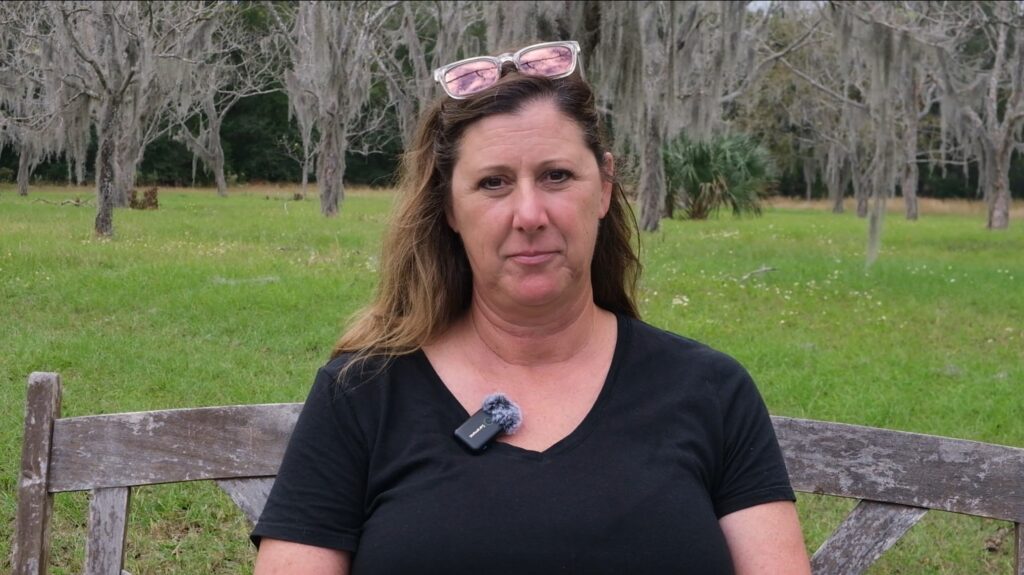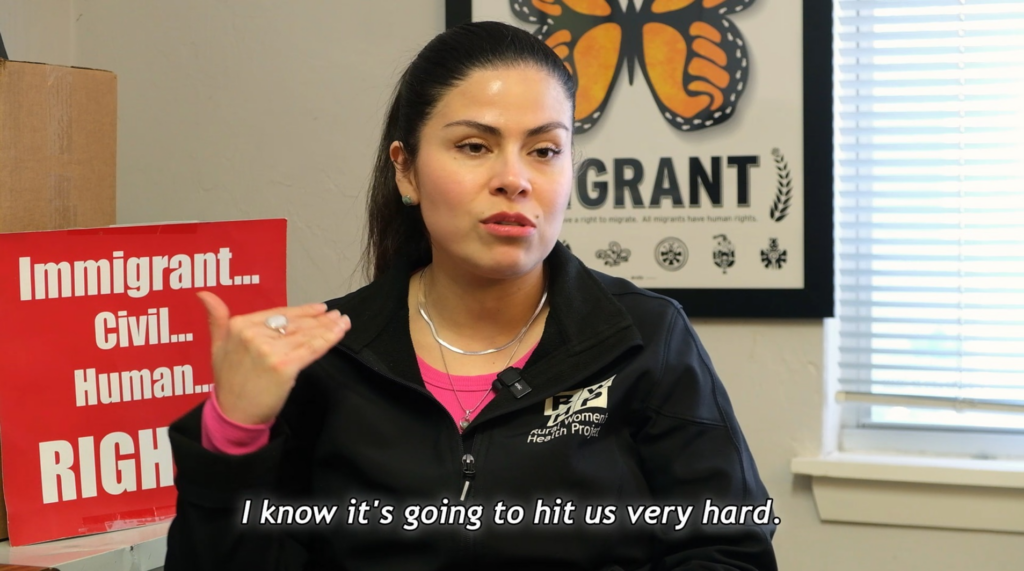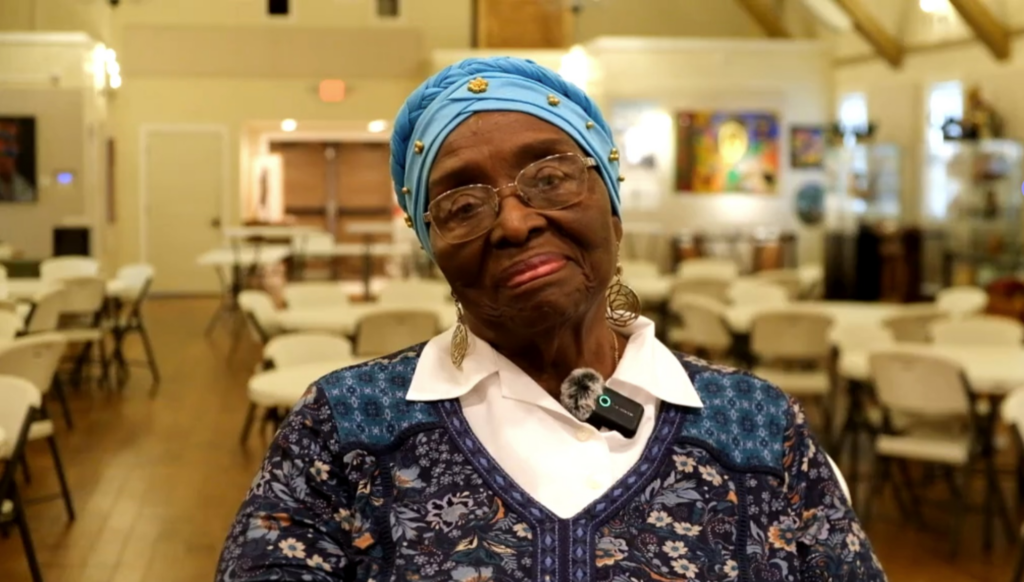By Betsy Riley, Alachua County
One of government’s biggest challenges is outreach. For many projects, like roads and parks, residents can be reached at a local level by identifying those who are going to be the most impacted. For something like climate change, the challenge is much greater — everyone is impacted, and those impacts can look really different depending on who you are and where you live.

When Alachua County began putting together its first-ever Climate Action Plan in 2022, staff faced a difficult outreach dilemma: how to design a strategy that accounts for the differing needs and vulnerabilities of over 270,000 residents for everything from heat and mental health impacts to infrastructure and flooding.
Part of the challenge with outreach is that everyone gets their information differently. Modern news sources are tailored specifically to much smaller, targeted groups of people, making it difficult to find an outreach forum that reaches all generations, economic status, language and culture. For a county that includes the city of Gainesville, the University of Florida, extensive agricultural land, historically Black communities and eight small but vibrant rural towns, climate planning is as diverse as our residents.
Early community engagement by Alachua County made inroads, but small in-person events and resident advisory committees can only reach a few people, typically those who are already engaged in climate change discussions. As the results of the county’s Climate Vulnerability Assessment wrapped up in July 2024, it was clear that some residents are much more vulnerable to climate impacts than others, and part of what made them vulnerable was the county’s own lack of communications infrastructure to reach them.

In August 2024, Alachua County received news that it was awarded almost $15,000 as part of the Urban Sustainability Directors Network’s Emergent Learning Fund, which is designed to help local municipalities test new ideas around sustainability governance. In partnership with the local nonprofit Grace to Overcome, Alachua County sought to determine whether we could transform the dry numbers and statistics of our survey work into resilience conversations in the format of the digital age: videos.
From October through December 2024, Alachua County partnered with local nonprofit Grace to Overcome to conduct face-to-face interviews with local residents in climate-vulnerable communities, as identified through the Climate Vulnerability Assessment. The county reached out to local nonprofit organizations that had already helped with survey work to identify participating residents, and the result was a collection of twelve video interviews that spanned age, race, local geography and language.
The reality is that climate change offers such a complex challenge that there simply isn’t an expert, or even a room of experts, who can “know it all.” Under the wrong conditions, every street could flood or be blocked by fallen trees. Every home could lose electricity on a hot day. Any house might have a resident who needs special assistance, or who isn’t ready for extreme heat or storms. Truly localized expertise belongs to locals. Truly resilient climate planning means bringing in locals as the experts.
The county and Grace to Overcome worked with the local Matheson Museum to display the interviews as a digital exhibit, which is available here. Partway through the project, the videographer raised the question of whether these separate interviews could be put together into a single short film.

On April 2, the Matheson Museum hosted the premier of the final 30-minute film to a crowd of over 70 residents, including several of the featured interviewees. Afterward, the county facilitated a brief group discussion to gauge reactions. The last question posed to the group asked what gave them hope. One of the interviewees said, “this right here,” gesturing to the room.
Going into the project, county staff knew how important it is for climate action planning to bring in a broad range of voices and expertise. One unexpected outcome of the project, however, was the trust building that the county has been able to do with these local community groups.
One of the major factors that make these groups vulnerable is their isolation from county resources — programming, emergency updates, information sessions and more. Already, local community groups have requested their own showing of the film, providing an opening to continue meaningful local conversations about building resilience.
The work done to bring in a broad range of voices and perspectives from all the residents in our county has not only allowed the plan to reflect the expert local knowledge of residents, but was in itself a resiliency-building mechanism, opening lines of communication among the county, local non-profits and climate-vulnerable communities.
In the coming months, Alachua County will be finalizing its first-ever Climate Action Plan, the most comprehensive plan developed by any inland county in Florida. Among the goals and action strategies will be the voices of local residents building community, sharing stories of resilience in action and charting the path forward.
Betsy Riley is Alachua County’s sustainability manager. For more information about this project and the county’s ongoing climate action plan, contact Riley at br****@***********ty.us. Banner photo: Sunset at Paynes Prairie Preserve State Park in Alachua County (iStock image).
Sign up for The Invading Sea newsletter by visiting here. To support The Invading Sea, click here to make a donation. If you are interested in submitting an opinion piece to The Invading Sea, email Editor Nathan Crabbe at nc*****@*au.edu.



